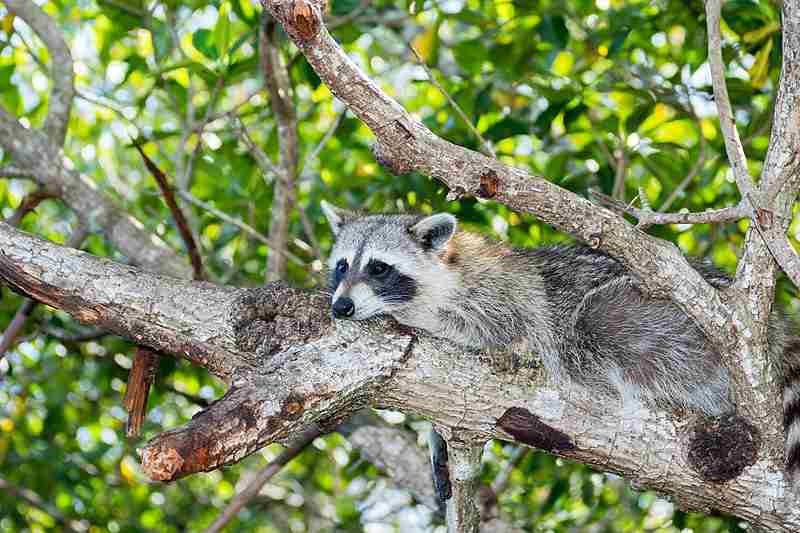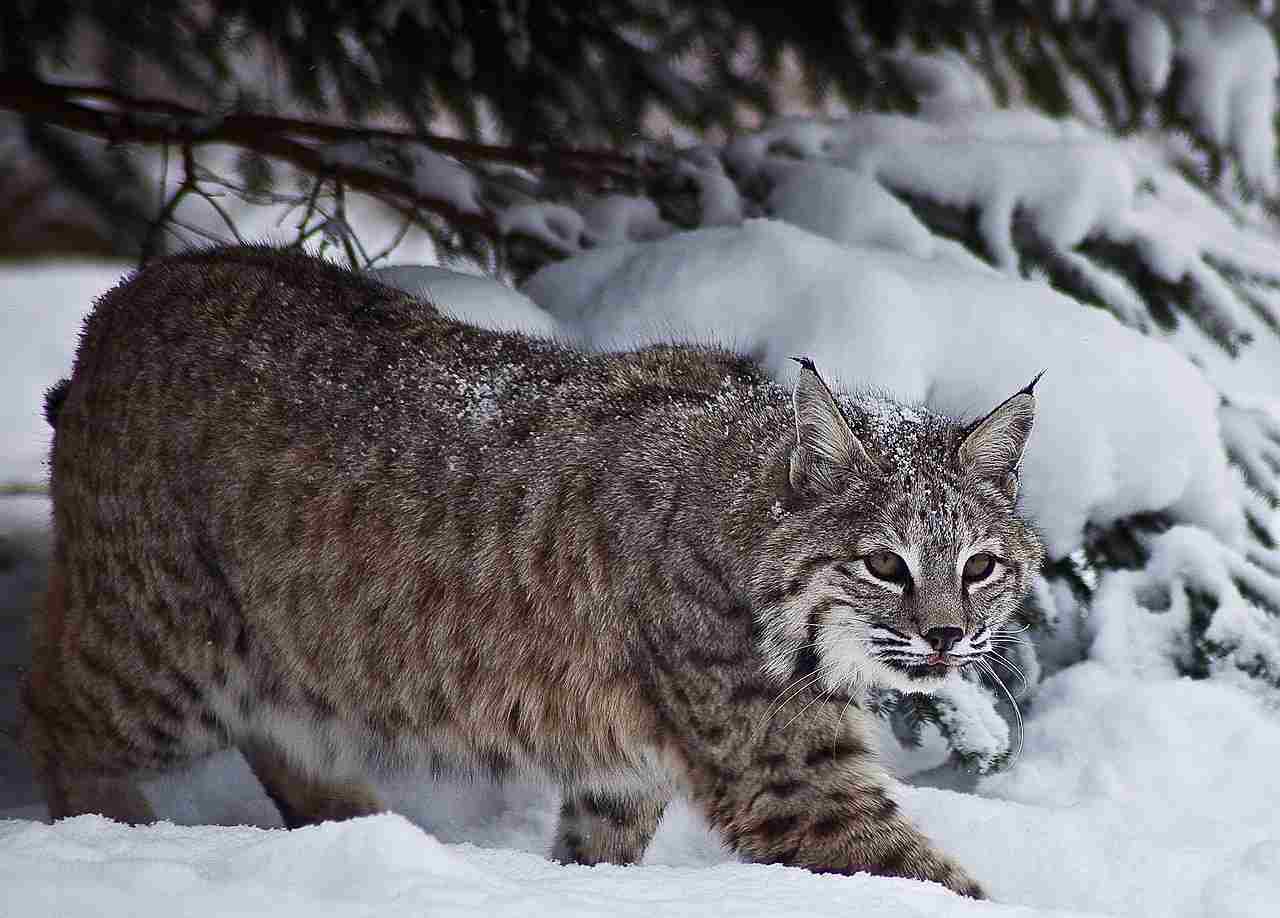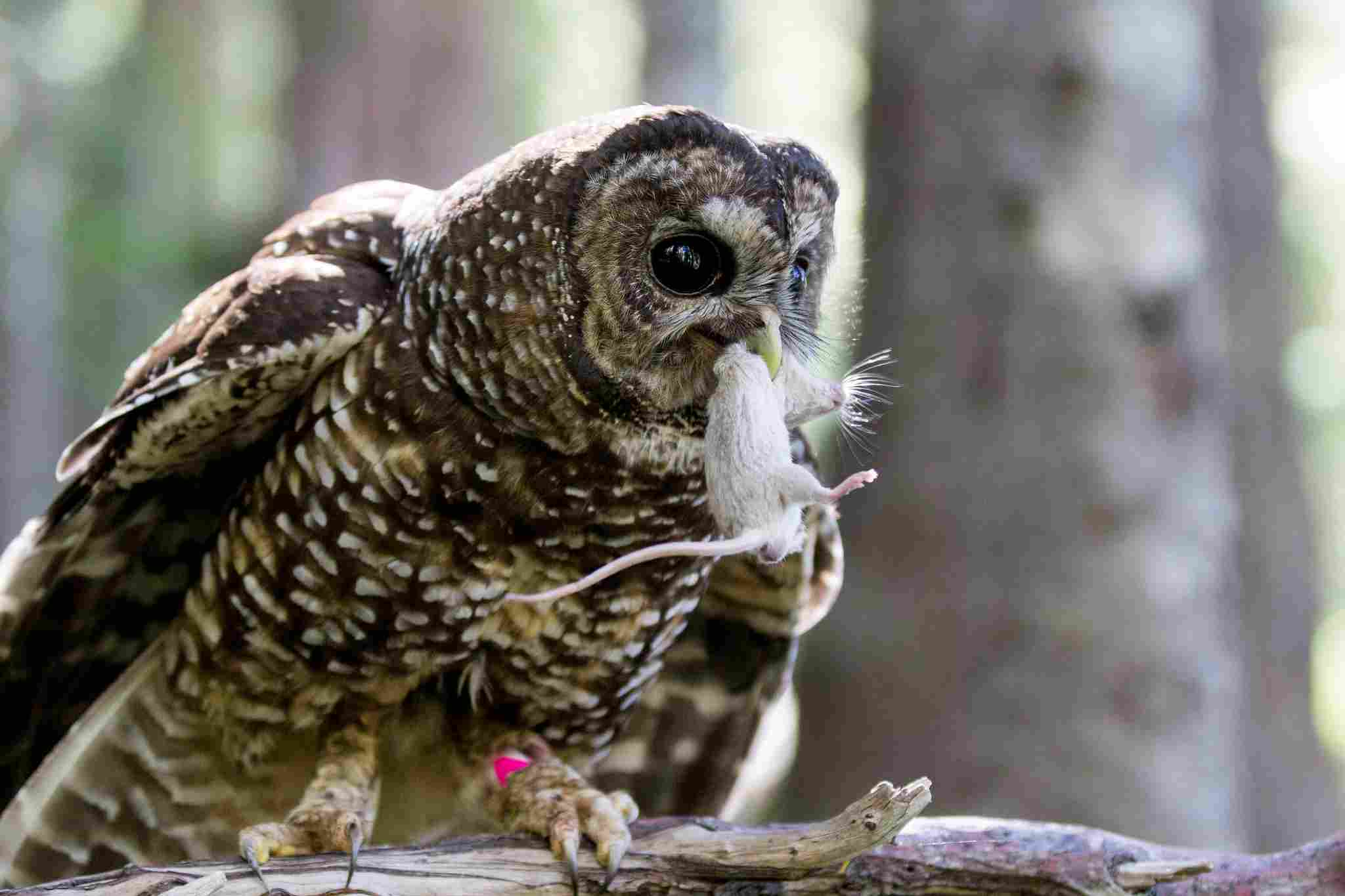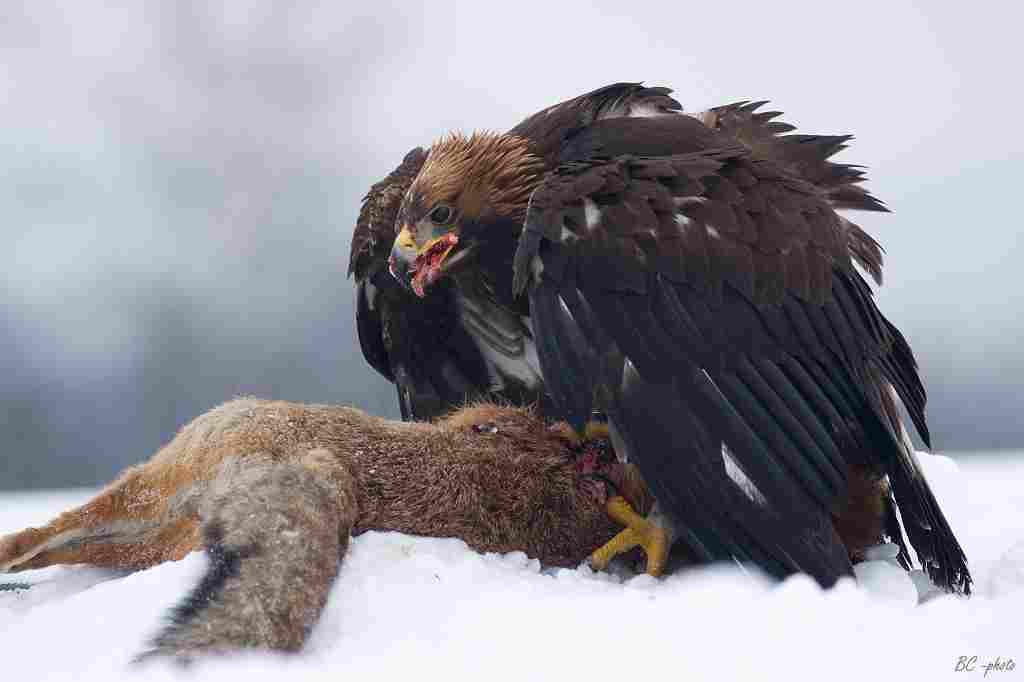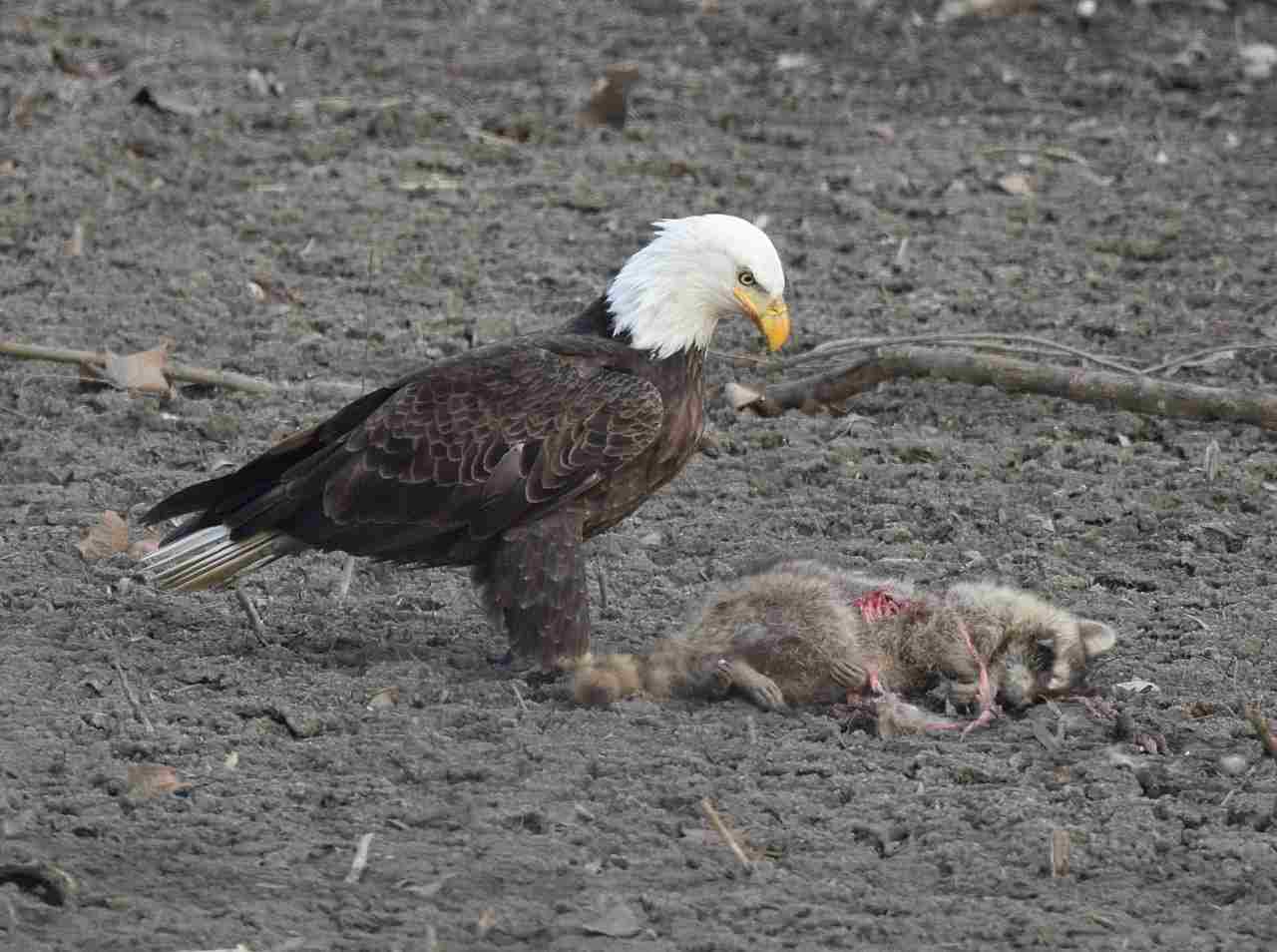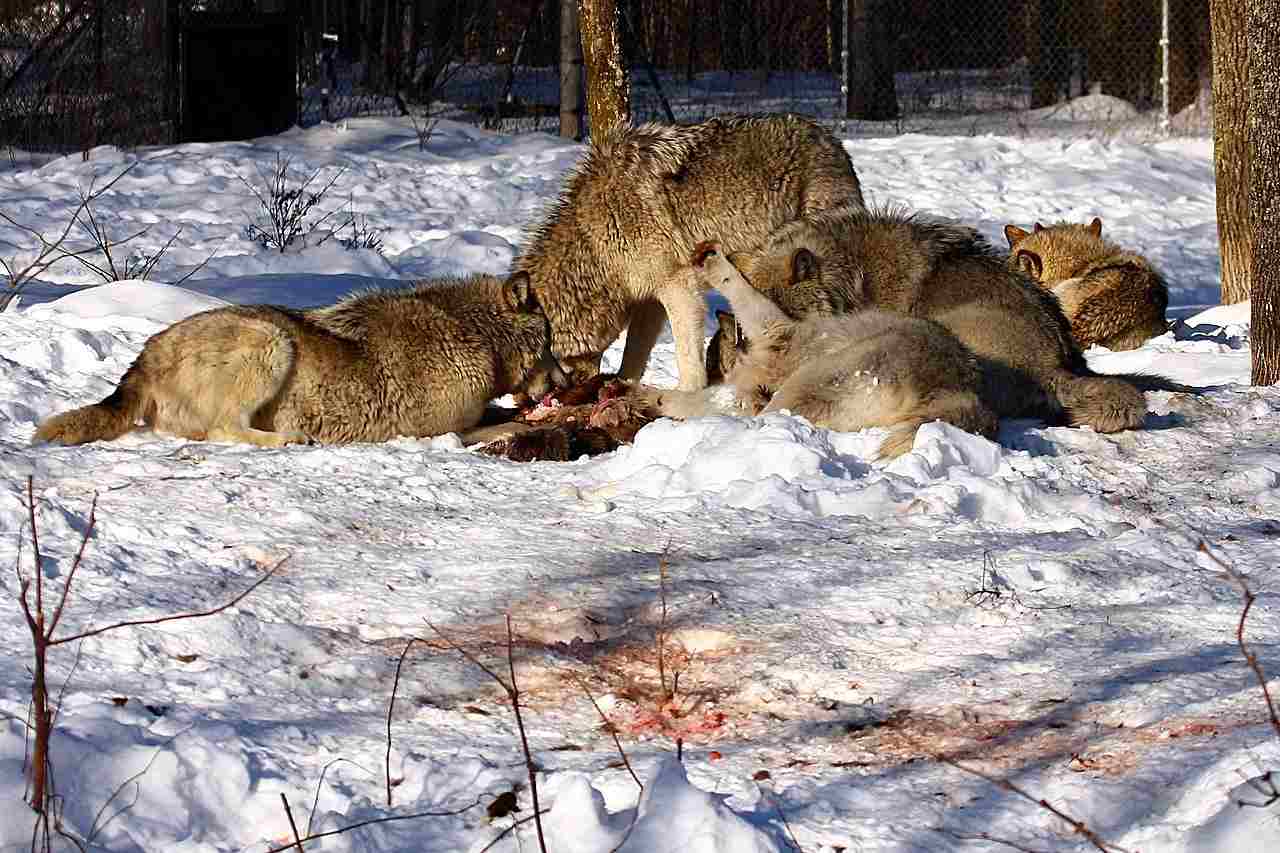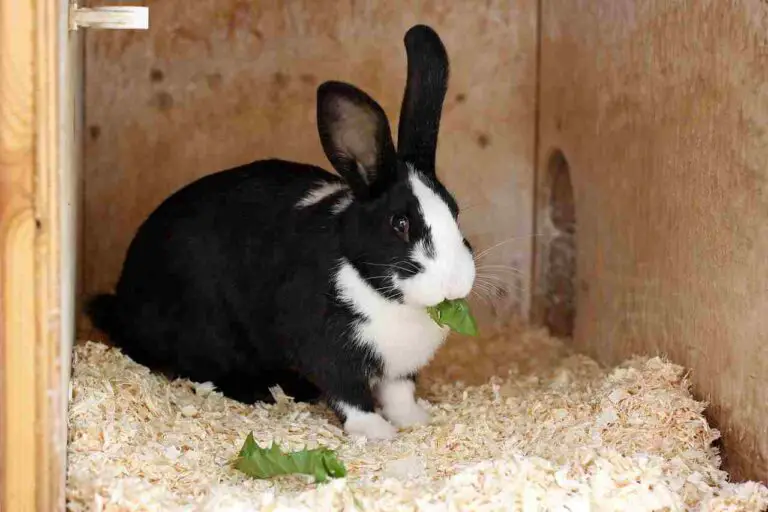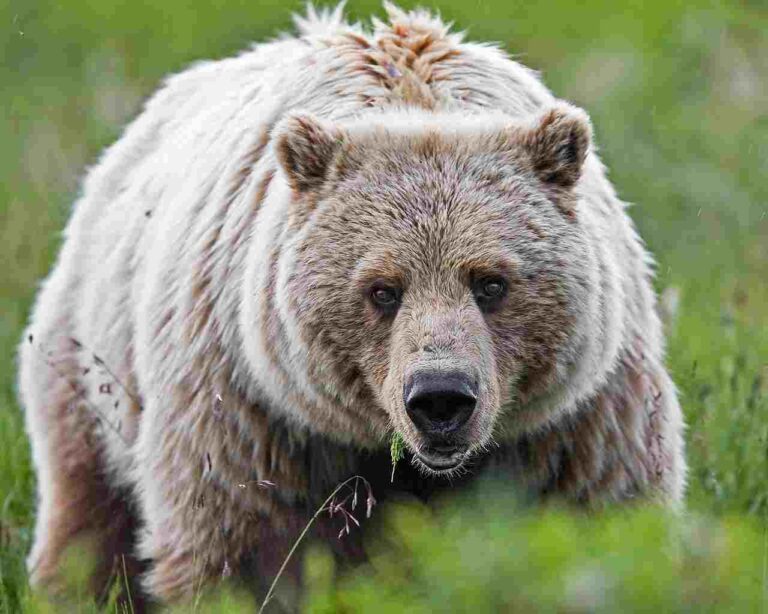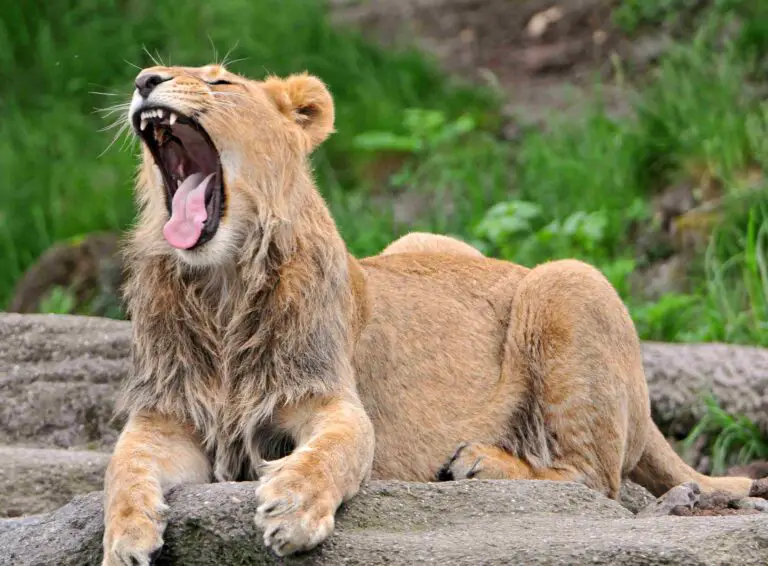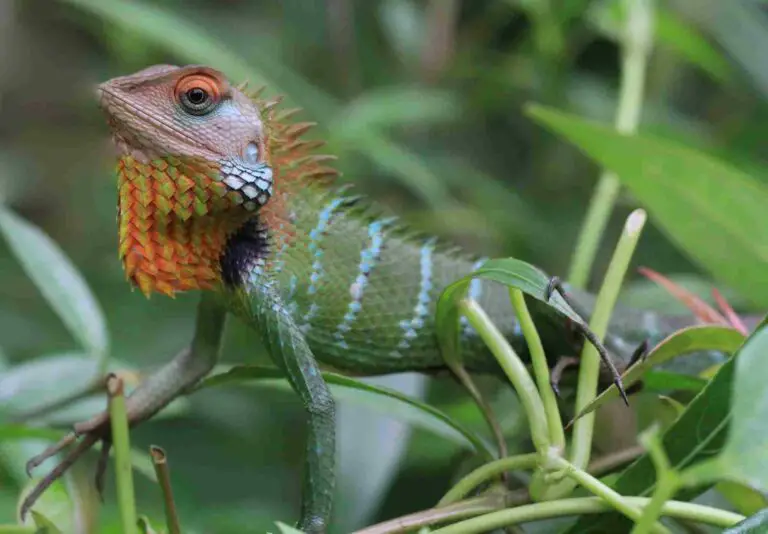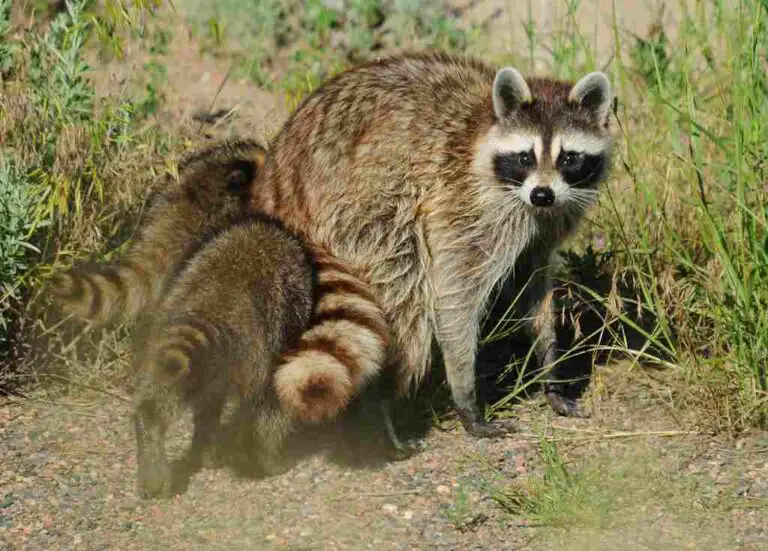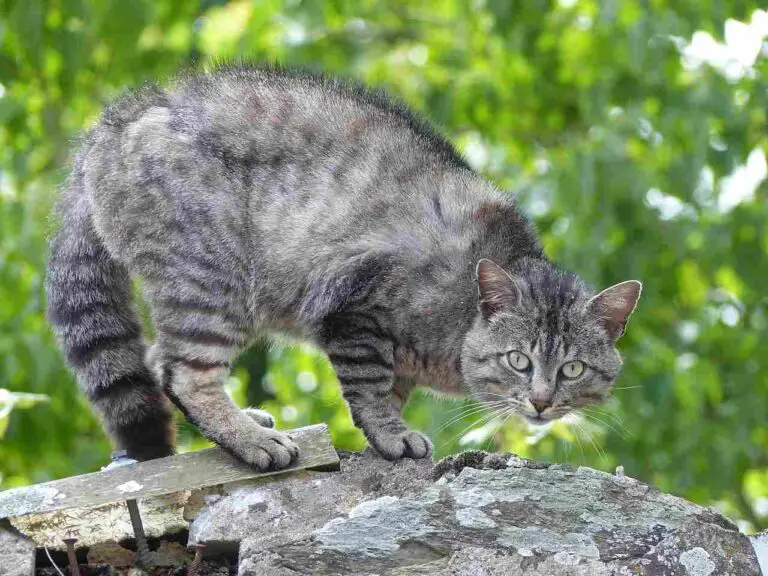What Animals Eat Racoons? Predators of Racoons Discussed
Animals that eat racoons include; panthers, coyotes, wolves, bobcats, bears, lynxes, ocelots, foxes, owls, hawks, eagles and pythons. This article discusses animals that eat racoons, as follows;
1. Panthers
Panthers are one of the predators of raccoons, showcasing their hunting prowess. These sleek and powerful big cats are primarily found in the Americas, including regions such as the Amazon rainforest and the southern United States.
Panthers are opportunistic predators when it comes to raccoons, taking advantage of any opportunity that arises, especially if the raccoon is small or injured.
* One of the key advantages that panthers possess in hunting raccoons is their exceptional climbing skills. Raccoons often seek refuge in trees, and panthers can easily navigate through the branches, allowing them to ambush raccoons from above. This ability gives panthers a significant advantage in capturing their prey.
* Panthers are more likely to prey on raccoons during times when other food sources are scarce. For instance, during periods of drought or when their usual prey, such as deer or smaller mammals, are less abundant. In such situations, panthers may turn to raccoons as a readily available food source.
* It is important to note that panthers are apex predators and have a diverse diet.
While raccoons may be part of their diet, panthers also prey on a variety of other animals, including rodents, ungulates, birds, and reptiles. Their consumption of raccoons is opportunistic and influenced by factors such as the availability and scarcity of other prey.
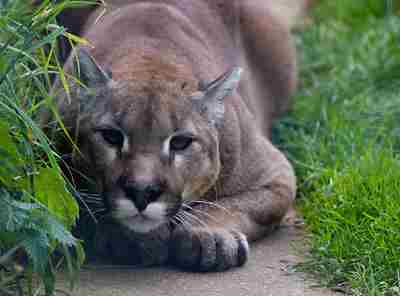
2. Coyotes
Coyotes are another predator of raccoons, known for their adaptability and opportunistic hunting behavior. These canids are native to North America and can be found in a variety of habitats, including forests, grasslands, and urban areas.
* Coyotes are known to consume raccoons when the opportunity arises. They are skilled hunters and have a diverse diet that includes small mammals, birds, reptiles, and even fruits and vegetables. Raccoons are considered a potential food source for coyotes, especially in areas where their populations overlap.
* One of the conditions under which coyotes may consume raccoons is when there is a scarcity of their usual prey. For example, during the winter months when small mammals are less abundant, coyotes may turn to raccoons as an alternative food source. Additionally, coyotes may target raccoons that are injured, sick, or young, as they are easier to catch and subdue.
* Coyotes are known for their intelligence and adaptability, which allows them to exploit various food sources.
They are skilled at scavenging and can take advantage of carrion or leftovers from other predators. This opportunistic behavior extends to their consumption of raccoons, as coyotes will seize the opportunity to hunt and consume them when the circumstances are favorable.
3. Wolves
Wolves are formidable predators that have been known to prey on raccoons in certain circumstances. These majestic canines are highly adaptable and can be found in various habitats across North America, including forests, tundra, and grasslands.
* When it comes to raccoons, wolves primarily target them when other food sources are scarce. During the winter months, when small mammals are less abundant, wolves may turn to raccoons as an alternative prey option.
Additionally, wolves may also prey on raccoons that are injured, sick, or young, as they are easier to catch and overpower.
* Wolves are known for their pack hunting behavior, which gives them an advantage when taking down larger prey. While raccoons are not typically a primary food source for wolves, they can become targets when the opportunity arises.
Wolves have a diverse diet that includes ungulates, such as deer and elk, but they are opportunistic hunters and will seize the chance to consume raccoons if the circumstances are favorable.
* It is worthy of note, that the predation of raccoons by wolves is not as common as with other predators, such as coyotes or bobcats. However, in certain situations where food availability is limited, wolves may resort to hunting and consuming raccoons as part of their survival strategy.
4. Bobcats
Bobcats are another predator that occasionally preys on raccoons. These medium-sized wildcats are native to North America and are known for their stealth and agility. While raccoons are not a primary food source for bobcats, they may consume them under certain conditions.
* Bobcats are opportunistic hunters and will target raccoons when other prey options are limited. They are more likely to go after raccoons during times of scarcity, such as when their usual prey, like rabbits or squirrels, are scarce or inaccessible.
Additionally, bobcats may also prey on raccoons that are injured, sick, or young, as they are easier to catch and overpower.
* These solitary hunters rely on their excellent camouflage and stalking skills to ambush their prey. They are patient and will wait for the perfect moment to strike. Bobcats are skilled climbers and can easily access raccoons in trees or other elevated areas.
* While bobcats are capable of taking down raccoons, it is important to note that raccoons are also formidable fighters and can defend themselves against predators. In some cases, raccoons may be able to escape or fend off a bobcat attack.
5. Bears
Bears are large predators that have been known to prey on raccoons. While raccoons are not a primary food source for bears, they may be consumed under certain conditions.
* As opportunistic feeders, bears will target raccoons when other food options are limited. During times of scarcity, such as when their usual prey, like fish or berries, are scarce or inaccessible, bears may turn to other sources including raccoons as a supplement for sustenance.
* Also, bears may also prey on raccoons that are injured, sick, or young. These vulnerable raccoons are easier for bears to catch and overpower.
* Bears have a keen sense of smell and can track down raccoons even in dense vegetation. They are equally powerful and agile, capable of climbing trees or swimming to reach raccoons in their hiding places.
* It is useful to note that raccoons are not defenseless against bear attacks. They are skilled climbers and can escape to higher branches or dens to avoid being caught. In some cases, raccoons may even fight back and use their sharp claws and teeth to defend themselves against bears.
6. Lynxes
Lynxes are known to be skilled predators and have been observed preying on raccoons in certain circumstances. While raccoons are not a primary food source for lynxes, they may be targeted under specific conditions.
* One of the main factors that can lead to lynxes hunting raccoons is the availability of their usual prey. Lynxes primarily feed on small mammals such as rabbits and rodents.
However, when these prey populations are low or scarce, lynxes may turn to raccoons as an alternative food source. This is especially true during times of seasonal fluctuations or when their preferred prey is not readily accessible.
* Another condition that may lead to lynxes consuming raccoons is when the raccoons are vulnerable. Lynxes are opportunistic hunters and will target raccoons that are injured, sick, or young. These raccoons are easier to catch and overpower, making them a more attractive option for the lynx.
* Lynxes are stealthy hunters and possess excellent camouflage and stalking abilities. They can silently approach raccoons and launch surprise attacks, taking advantage of their agility and quick reflexes. Additionally, lynxes are skilled climbers and can pursue raccoons into trees or other elevated areas.
* It is important to note that raccoons are not defenseless against lynx attacks. They are agile climbers themselves and can escape to higher branches or dens to avoid being caught. In some cases, raccoons may also fight back using their sharp claws and teeth to defend themselves against lynxes.
7. Ocelots
Ocelots, although not commonly associated with raccoon predation, have been known to prey on raccoons in certain circumstances. These sleek and agile felines primarily inhabit the dense forests of Central and South America, where they hunt a variety of small to medium-sized prey.
* When it comes to raccoons, ocelots may target them when other food sources are scarce or unavailable. Raccoons can provide a valuable food option for ocelots during times of low prey abundance or seasonal fluctuations. Additionally, ocelots may opportunistically prey on raccoons that are vulnerable, such as injured or young individuals.
* Ocelots possess remarkable hunting skills that aid them in capturing raccoons. With their keen senses and sharp retractable claws, they can stealthily stalk their prey, relying on their exceptional camouflage to remain undetected. Ocelots are also adept climbers, allowing them to pursue raccoons into trees or elevated areas where raccoons often seek refuge.
* While ocelots may not be the primary predators of raccoons, their ability to exploit alternative food sources and their hunting prowess make them a potential threat to raccoon populations in their native habitats.
8. Foxes
Foxes are known to be opportunistic predators and may prey on raccoons in certain situations. While they may not be the primary predators of raccoons, foxes can pose a threat to raccoon populations, especially in areas where their habitats overlap.
* In general, foxes are highly adaptable animals and can be found in a variety of habitats, including forests, grasslands, and urban areas. They have a diverse diet that includes small mammals, birds, insects, and fruits.
Raccoons can become a part of their diet when other food sources are scarce or when they come across vulnerable raccoons.
* Foxes are also skilled hunters, utilizing their keen senses of hearing and smell to locate potential prey. They are known for their agility and speed, which allows them to chase down and capture raccoons. Foxes also have sharp teeth and claws that aid in subduing their prey.
* In areas where foxes and raccoons coexist, competition for resources can occur. This can lead to foxes targeting raccoons as a food source, particularly during times of food scarcity. Additionally, foxes may opportunistically prey on raccoons that are young, injured, or sick.
9. Owls
Owls are fascinating nocturnal predators that have the ability to silently swoop down on their prey, making them a potential threat to raccoons. While owls are not typically considered the primary predators of raccoons, they can prey on them under certain conditions.
* One of the main factors that determine whether owls will consume raccoons is the availability of suitable prey.
Owls primarily feed on small mammals, birds, and insects, but they are opportunistic hunters and will take advantage of any vulnerable prey they come across. This includes raccoons that may be injured, sick, or young and inexperienced.
* Another important factor is the habitat overlap between owls and raccoons. Owls are commonly found in wooded areas, forests, and other habitats where raccoons also reside. When their territories intersect, there is a higher likelihood of owls preying on raccoons.
* Owls possess excellent night vision and acute hearing, which allows them to locate and capture their prey with precision. Their sharp talons and powerful beaks are well-suited for catching and subduing animals, including raccoons.
* It’s worth noting that raccoons are generally cautious and agile creatures, which can make them challenging prey for owls. However, in situations where raccoons are vulnerable or caught off guard, owls and other raptors can take advantage of the opportunity to feed on them.
10. Hawks
Hawks are advanced predators that pose a threat to raccoons in certain circumstances.
* One important factor that determines whether hawks will consume raccoons is the availability (and diversity) of prey.
Hawks primarily feed on small mammals, birds, and reptiles, but they are opportunistic hunters and will take advantage of any vulnerable prey they encounter. This includes raccoons that may be injured, sick, or young and inexperienced.
* Another factor to consider is the habitat overlap between hawks and raccoons. Hawks are commonly found in a variety of habitats, including forests and grasslands, where raccoons also reside. When their territories intersect, there is a higher likelihood of hawks preying on raccoons.
* Hawks have excellent eyesight as well as sharp talons, which enable them to spot and capture their prey with precision. They are skilled aerial hunters, using their speed and agility to swoop down on unsuspecting animals, including raccoons.
11. Eagles
Eagles are avian predators that can pose a threat to raccoons under certain circumstances. These large birds of prey possess keen eyesight and powerful talons, making them adept hunters. While eagles primarily feed on fish, they are opportunistic and will also target a variety of prey, which include raccoons.
* One condition under which eagles may consume raccoons is when they are in close proximity to bodies of water. Eagles are known for their fishing abilities, and raccoons that venture near rivers, lakes, or ponds become vulnerable to their attacks.
In these situations, eagles will swoop down from the sky, using their sharp talons to snatch raccoons from the ground or water.
* Another factor that increases the likelihood of eagles preying on raccoons is the size and age of the raccoon. Eagles prefer smaller prey that they can easily carry and consume. Young raccoons or smaller individuals are more susceptible to eagle predation.
* In addition, the habitat overlap between eagles and raccoons plays a role in their interactions. Eagles are commonly found in forested areas near bodies of water, which are also favored habitats for raccoons. When their territories intersect, the chances of eagle-raccoon encounters increase.
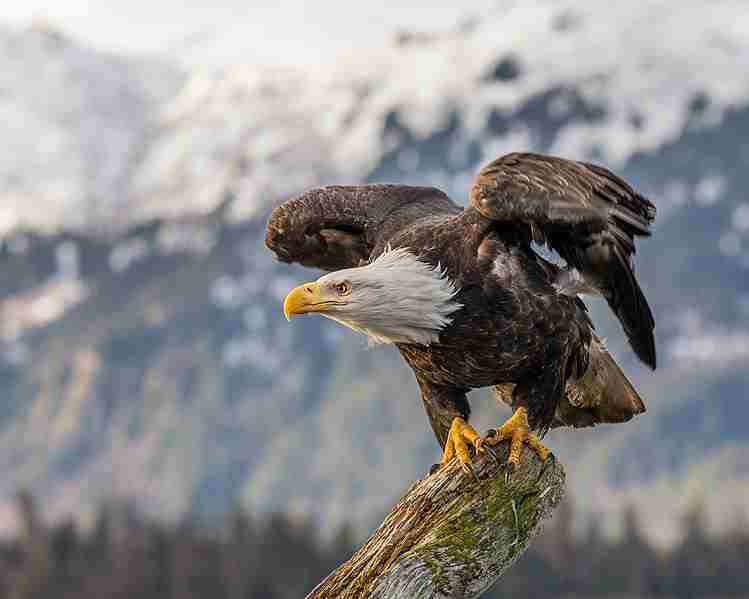
12. Pythons
Pythons are formidable predators that are fully capable of consuming raccoons. These large constrictor snakes have a unique hunting strategy that allows them to overpower their prey.
* A scenario in which pythons may consume raccoons is that of habitat overlap. Pythons are typically found in tropical and subtropical regions, where raccoons also inhabit.
In these areas, raccoons may unknowingly venture into python territory, making them vulnerable to predation.
* Another factor that increases the likelihood of pythons preying on raccoons is the size and age of the raccoon. Pythons prefer prey that they can easily overpower and swallow whole. Young raccoons or smaller individuals are more susceptible to python predation.
* Pythons are ambush predators, relying on their ability to remain hidden and strike quickly. They use their powerful and extensive bodies to constrict their prey before swallowing them whole.
FAQs
1. Do Snakes Eat Raccoons?
Yes, certain snakes, such as pythons, can eat raccoons. Pythons are large constrictor snakes that can overpower and consume raccoons, especially when there is a habitat overlap between the two species.
2. Do Bears Eat Raccoons?
Yes, bears are known to eat raccoons. Bears are opportunistic omnivores and will consume a variety of food sources, including small mammals like raccoons.
3. What Are Raccoon’s Predators?
Raccoons have several predators in the wild. Some of their main predators include panthers, coyotes, wolves, bobcats, bears, lynxes, ocelots, foxes, owls, hawks, and eagles.
4. Do Humans Eat Raccoons?
While raccoons are not commonly consumed by humans in most Western cultures, in some regions and cultures, raccoon meat is considered a delicacy and is consumed.
5. Do Coyotes Hunt Raccoons?
Yes, coyotes are known to hunt and prey on raccoons. Coyotes are opportunistic predators and will target small mammals like raccoons when given the opportunity.
6. Do Owls Eat Raccoons?
While owls primarily feed on smaller prey like rodents, it is unlikely for them to prey on adult raccoons. However, smaller or young raccoons may be vulnerable to owl predation.
7. Is Raccoon Good to Eat?
The taste and edibility of raccoon meat are subjective and vary among individuals. In some cultures, raccoon meat is considered a delicacy, while others may not find it appealing.
Consumption of raccoons by humans is not generally recommended due to the pathogen-carrying nature of most members of the raccoon population.
8. What Predator Will Kill a Raccoon?
Several predators, including panthers, coyotes, wolves, bobcats, bears, lynxes, ocelots, foxes, owls, hawks, and eagles, can kill raccoons.
9. Can a Fox Kill a Raccoon?
While some foxes are smaller than adult raccoons, they can still pose a threat to young or injured raccoons. In general, adult raccoons are more likely to fend off foxes.
10. Can a Coyote Kill a Raccoon?
Yes, coyotes are capable of killing raccoons. On average, coyotes are larger predators and can overpower raccoons, especially if they are hunting in groups.
Remember, raccoons have a wide range of predators in their natural habitat, and their vulnerability to predation can depend on various factors such as size, age, and habitat conditions.
